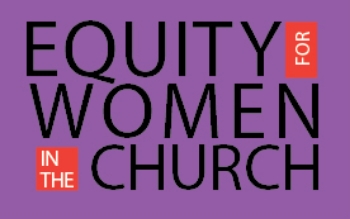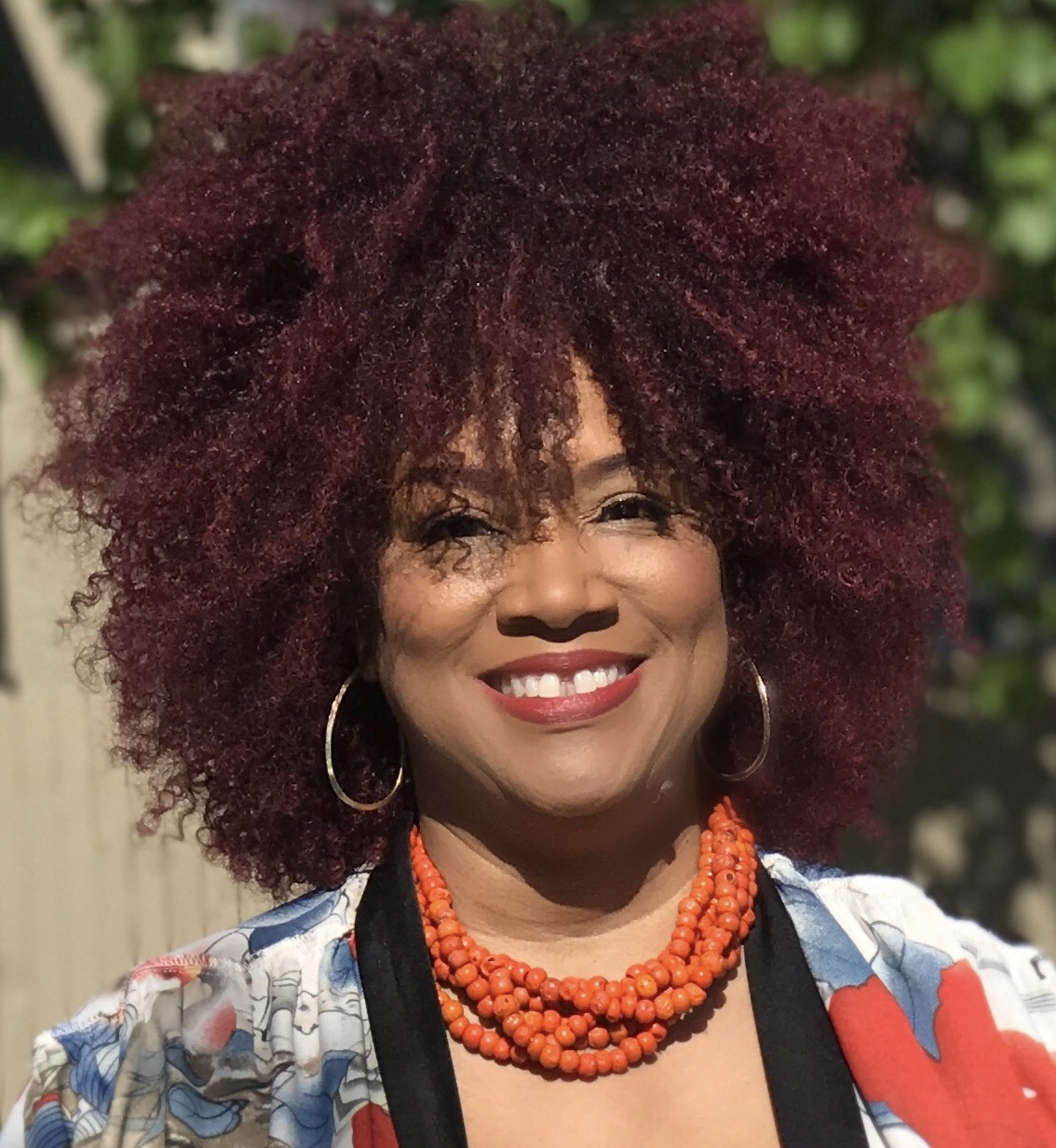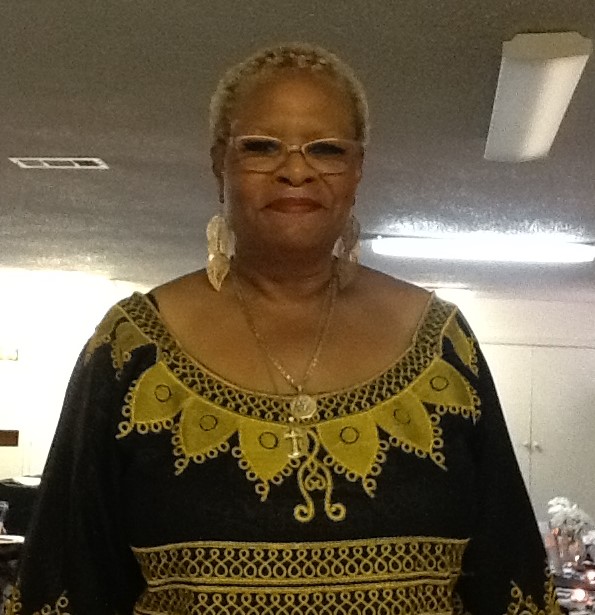Post author Dr. Alfie Wines, M.Div., Ph.D., is a pastor, biblical scholar, and theologian. She currently serves as Senior Pastor of Union Memorial United Methodist Church, Sandy, Texas. She draws upon her unquenchable passions for biblical interpretation, biblical & religious literacy, worship, music, prayer, and leadership to enlighten, edify, and empower others. She is committed to encouraging compassionate living through a deeper understanding of the biblical text. Find her #BibleStudyRemix on FB Live, Mondays at 7 pm CST, and after the broadcast here.
My experiences and those of many clergywomen confirm that the church is both a blessed place and a frustrating place to work. While that can be said of any workplace, for many clergywomen, myself included, that duality is magnified and multiplied more times that we’d like to count when the workplace is the church.
The responsibility and opportunity to regularly speak a word of healing and wholeness in various settings is a blessing in and of itself. Years of study along with the work of ministry become a part of one’s life. In time, ministry becomes not just what a clergywoman does, but a part of who she is.
How is it then, that the church is both a blessed place and a frustrating place to work? How is it that so often the people with whom she ministers, the ones she is trying to help, are the very ones who can be the cause of so much pain?
More than once, I’ve asked these questions of myself, and of other clergywomen as well. More than once, I’ve thought, and said out loud, “I wish someone had told me. I wish someone had told me just how difficult the journey can be.”
Whenever the question arises, I am drawn to the story of Abraham and how it is that God does not tell him everything from the beginning. In Genesis 12, Abraham’s first encounter with God, God promises to bless Abraham and make his name great, so that he would be a blessing to all the families of the earth.
In Genesis 15 God tells Abraham that the land from the Nile to the Euphrates, a land already inhabited by several groups of people, will belong to his descendants, that his descendants will be enslaved in another land and come out with many possessions, eventually returning to the promised land in the fourth generation.
In Genesis 17, after Hagar has given birth to Abraham’s son, Ishmael, God reiterates the promise of descendants and commands circumcision as a sign of the covenant between God, Abraham, and Abraham’s descendants. Furthermore, God explains God will bless Ishmael to be a great nation, but that Sarah will give birth to a son who will be Abraham’s heir.
What strikes me about these passages is not just what God says, but also what God does not say to Abraham about the promises God makes. In ch. 12, God speaks only of the blessing. No mention is made of the difficulties that accompany the promise to make Abraham a blessing to all the earth. In ch. 15 God mentions geographical boundaries, noting that the land is already inhabited and that enslavement and return will be part of Israel’s story. There is no mention that war will comprise a major part of the story. In ch. 17 God explains that Sarah will give birth and that Ishmael will be blessed with descendants. While it is implied by its absence, there is no mention that Ishmael’s nation will not be given any land. There is not even a hint that national decline, exile, and return is also part of the biblical story.
While this pattern can be seen in the lives of other biblical call stories, for example Isaiah and Jeremiah, it is a major feature in Abraham’s story. Many women in ministry can attest to this same pattern.
As with Abraham, clergywomen are blessed to be a blessing. As with Abraham, it is also clear that hardly anyone talks about how difficult the journey can be. Perhaps that is the way it is when the undertaking is unchartered territory.
However, women in ministry is no longer unchartered territory. Still, women in ministry have born the pain and lived with the scars. At a time when it is clear that every system, every institution, the church included, is in need of a long overdue overhaul in order to be inclusive, the time for clergywomen to be silent is no longer.
Here are some things that clergywomen might wish someone—pastor, mentor, colleague, professor—had told them early on as they considered and responded to God’s call in their lives.
First, church work pays not just less, but a whole lot less, than the corporate workplace.
Second, although “politics” is part of life in any workplace, politics in the church can be even more intense.
Third, while they may have experienced sexism and/or racism in the workplace in other settings, sadly, their most painful experiences can happen in the church.
Fourth, while networking among colleagues is part of any job, it is essential to surviving and thriving in ministry.
Fifth, the work of a pastor is often a lonely undertaking, especially in a small church with relatively little regular contact with others, including colleagues who understand how difficult the work can be.
Sixth, with so much of the work needing to be done on a weekly basis, repetitiveness may result in work that is neither challenging nor engaging.
Seventh, built in previous decades, church offices are often dated in comparison to offices built in more recent times.
Eighth, the energy required to meet the demands of church work is quite different than the energy needed in other workplaces.
Ninth, churches are not held accountable for their missteps.
Tenth, churches are often more interested in maintaining the status quo of the past than living Jesus’ commandments to love God, others, and oneself.
If you are a clergywoman, please share your experiences. What do you wish someone had told you as you considered and answered God’s call in your life? How can Equity for Women in the Church be a voice and advocate for clergywomen?




















